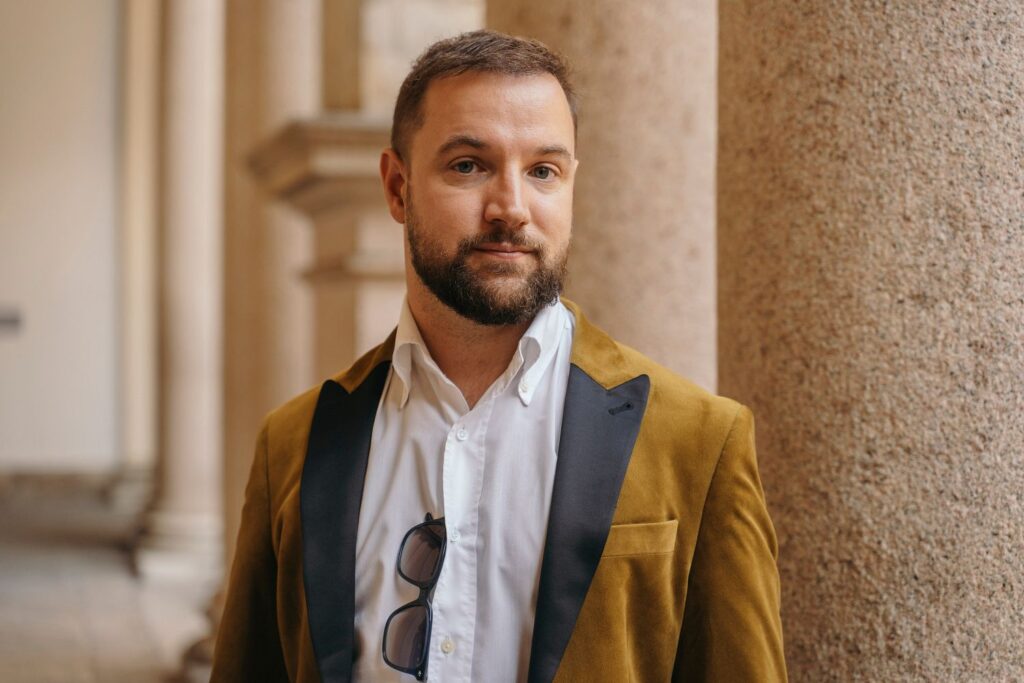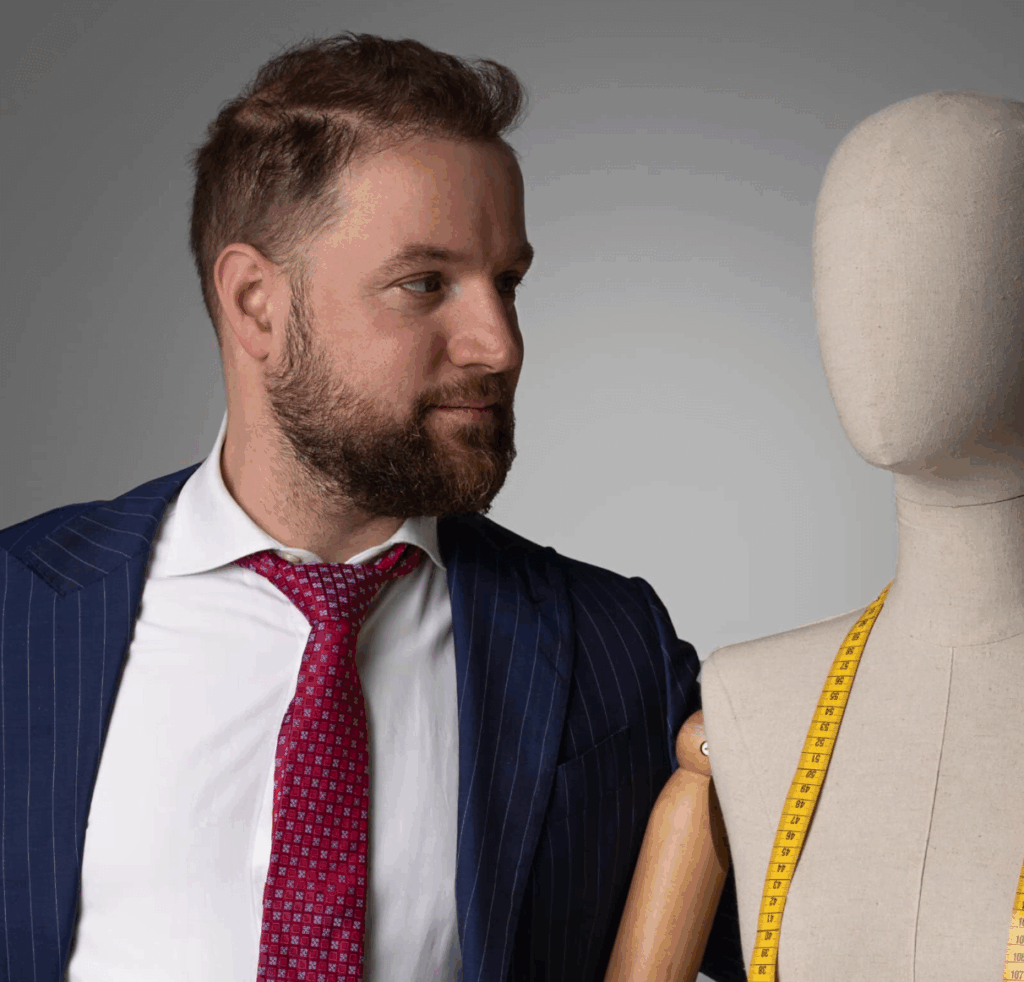Trust sits at the center of every luxury purchase, shaping how people choose between brands that may look similar on the surface. Here is something wild. Over 85 percent of luxury customers say a brand’s reputation and authenticity mean more than the products themselves. Most think trust is built with flashy logos or big promises, but in luxury, it runs much deeper and has everything to do with emotion and identity.
Table of Contents
- The Concept of Trust In Luxury Marketing
- Why Trust Matters In The Luxury Sector
- How Trust Influences Consumer Behavior
- Building Trust Through Brand Experience
- Real-World Examples Of Trust In Luxury Brands
Quick Summary
| Takeaway | Explanation |
|---|---|
| Trust is key in luxury marketing. | Trust transforms transactions into emotional connections between luxury brands and their consumers. |
| Build trust through brand experience. | A cohesive and rich brand experience enhances consumer perceptions and fosters trust. |
| Authenticity secures consumer loyalty. | High-quality craftsmanship and historical narratives create assurance about product authenticity and brand value. |
| Transparency enhances brand reputation. | Ethical practices and clear communication about operations build credibility and trust with consumers. |
| Emotional investment drives purchases. | Luxury consumers seek personal connections and narratives, influencing their purchasing decisions beyond product features. |
The Concept of Trust in Luxury Marketing
Trust represents a critical psychological and strategic foundation in luxury marketing, transforming transactions into profound emotional connections between brands and discerning consumers. Unlike standard consumer goods markets, luxury sectors demand an intricate understanding of trust that transcends basic transactional exchanges.
Defining Trust in Luxury Contexts
In luxury marketing, trust emerges as a multidimensional construct encompassing brand reputation, perceived authenticity, and emotional resonance. Research from Frontiers in Psychology reveals that luxury consumers evaluate trust through several nuanced parameters:
- Consistent brand heritage and narrative
- Demonstrated product excellence
- Transparent communication
- Exceptional customer experience
These elements combine to create a comprehensive trust ecosystem that goes beyond traditional marketing approaches. Luxury brands must communicate not just product quality, but an entire lifestyle and value proposition that resonates with sophisticated consumer expectations.
Below is a table that summarizes the key components that build trust in luxury brand experiences, helping clarify how each element contributes to consumer perceptions.
| Trust-Building Component | Description |
|---|---|
| Consistent Brand Heritage | Maintaining a coherent narrative across generations |
| Product Excellence | Demonstrated superior craftsmanship and quality standards |
| Transparent Communication | Open, clear dialogue about brand values and operations |
| Exceptional Customer Experience | Personalized, attentive service at all consumer touchpoints |
| Narrative Coherence | Unified storytelling throughout platforms and messages |
| Anticipatory Service | Proactively meeting and exceeding consumer expectations |
Psychological Foundations of Trust
Psychological trust mechanisms in luxury marketing operate on deeper emotional levels. Consumers seek brands that offer more than material possessions they seek meaningful narratives, exclusive experiences, and connections that validate their personal identity.
The trust-building process involves creating an immersive environment where consumers feel understood, respected, and emotionally aligned with the brand’s core values. This requires meticulous attention to every touchpoint, from initial brand communication to post-purchase interaction.
For those interested in exploring deeper insights into luxury consumer dynamics, read more about luxury consumer behavior strategies.
Why Trust Matters in the Luxury Sector
Trust is not merely a marketing strategy in luxury sectors but a fundamental economic and psychological mechanism that determines brand survival and consumer engagement. Unlike standard markets, luxury brands operate in a realm where emotional investment and perceived value far outweigh functional product attributes.
Economic Implications of Trust
Research from the Academy of Management Review demonstrates that trust in luxury markets serves as a critical risk mitigation mechanism. Consumers investing significant financial resources expect more than transactional exchanges they demand comprehensive assurances encompassing:
- Guaranteed product authenticity
- Consistent brand experience
- Long-term value preservation
- Emotional validation of their purchasing decisions
These expectations transform trust from a simple credibility metric into a complex value proposition that justifies premium pricing and sustained consumer loyalty.

Psychological Dimensions of Brand Trust
Luxury consumers do not merely purchase products they invest in narratives, heritage, and personal identity projections. Trust becomes a psychological contract where brands must continuously demonstrate their commitment to exceptional quality, innovative design, and aligned values.
The erosion of trust can have catastrophic consequences for luxury brands. Consumers rapidly withdraw emotional and financial investment when they perceive inconsistencies between brand promises and actual experiences. This vulnerability makes trust a non-negotiable strategic imperative.
For deeper insights into how luxury brands differentiate themselves, explore our comprehensive guide on brand positioning.
How Trust Influences Consumer Behavior
Trust serves as a sophisticated psychological mechanism that fundamentally shapes consumer decision making in luxury markets, transforming purchasing from a transactional event into a deeply personal and emotionally charged experience. The intricate relationship between trust and consumer behavior goes far beyond simple product evaluation.
Cognitive Decision Making Processes
Research from Harvard Business Review highlights that consumer trust operates through complex cognitive pathways that evaluate brand credibility through multiple interconnected lenses. Luxury consumers engage in nuanced decision making processes characterized by:
- Extensive pre-purchase information gathering
- Careful evaluation of brand reputation
- Emotional resonance assessment
- Long term value perception analysis
These sophisticated evaluation mechanisms mean that trust is not a binary concept but a multidimensional construct involving rational and emotional intelligence.
Emotional Investment and Identity Projection
Luxury consumers do not simply purchase products they invest in narratives that reinforce their personal identity and social positioning. Trust becomes a critical filter through which individuals validate their consumption choices, ensuring alignment with their self perception and aspirational lifestyle.
The emotional depth of trust means that consumers are willing to pay significant premiums for brands that demonstrate consistent authenticity, superior craftsmanship, and alignment with personal values. This psychological mechanism transforms purchasing from a mere economic transaction into a profound identity validation process.
For those interested in exploring deeper consumer psychology insights, discover our comprehensive analysis of luxury consumer behavior.
Building Trust Through Brand Experience
Trust in luxury marketing transcends traditional communication strategies and becomes a holistic experience that encompasses every interaction between the brand and its discerning consumers. The brand experience emerges as a critical trust-building mechanism that transforms consumer perceptions through meticulously crafted touchpoints.
Architectural Components of Brand Experience
Research from McKinsey & Company reveals that successful luxury brand experiences are constructed through strategic architectural components that create seamless and emotionally resonant consumer journeys. Key elements include:
- Consistent sensory engagement
- Personalized interaction protocols
- Narrative coherence across platforms
- Anticipatory service design
These components work synergistically to create an immersive ecosystem where trust is not merely promised but continuously demonstrated through every interaction.

Emotional Choreography of Consumer Interactions
Luxury brands must orchestrate experiences that transcend transactional exchanges and become emotional dialogues. Each interaction represents an opportunity to reinforce brand credibility, validate consumer identity, and create profound psychological connections.
The emotional choreography involves precision in communication, design aesthetics, and service delivery. Brands must demonstrate an intuitive understanding of consumer aspirations, creating experiences that feel simultaneously exclusive and personally meaningful.
For those seeking deeper insights into crafting exceptional brand experiences, explore our comprehensive luxury brand experience guide.
Real-World Examples of Trust in Luxury Brands
Luxury brands navigate trust building through sophisticated strategies that transcend traditional marketing approaches. These strategic interventions demonstrate how trust becomes a tangible asset that differentiates brands in highly competitive markets.
Heritage and Authenticity Strategies
Research from Harvard Business Review reveals that successful luxury brands leverage their historical narrative as a powerful trust mechanism. Brands like Hermès and Chanel exemplify trust building through:
- Preserving original craftsmanship techniques
- Maintaining strict quality control standards
- Communicating generational expertise
- Protecting intellectual design heritage
These brands transform their historical lineage into a credibility narrative that reassures consumers about the authenticity and enduring value of their investments.
Transparency and Ethical Positioning
Modern luxury consumers demand more than product excellence they seek brands that demonstrate ethical responsibility and transparent business practices. Companies like Patagonia and Stella McCartney have revolutionized trust building by integrating sustainability and social responsibility directly into their brand DNA.
These brands create trust through radical transparency about their supply chains, environmental impact, and social commitments.
This table compares two major strategies—Heritage & Authenticity vs. Transparency & Ethical Positioning—that luxury brands use to build consumer trust.
| Trust Strategy | Key Actions | Example Brands |
|---|---|---|
| Heritage & Authenticity | Preserve craft techniques, strict quality control, highlight legacy | Hermès, Chanel |
| Transparency & Ethical Positioning | Disclose supply chains, focus on sustainability, ethical values | Patagonia, Stella McCartney |
| By aligning brand values with consumer expectations, they transform traditional transactional relationships into meaningful partnerships. |
For deeper insights into developing world-class luxury branding strategies, explore our comprehensive luxury branding best practices guide.
Ready to Build Unshakable Trust in Your Luxury Brand?
Does your brand struggle to create the powerful emotional connections that luxury consumers demand? As discussed in our article, trust goes far beyond product quality. It is about authenticity, emotional resonance, and delivering a brand experience that consistently meets the highest expectations. If maintaining brand credibility and crafting a customer journey that inspires confidence feel overwhelming, you are not alone. Many luxury brands face these exact challenges in today’s fast-changing market. Discover how a psychology-driven approach, combined with deep market expertise, can set you apart in the world of high-end fashion and lifestyle.
Explore tailored luxury marketing insights

Take the next step toward elevating your brand. Work directly with Corrado Manenti, who integrates consumer psychology and modern marketing strategies to foster lasting trust and exceptional brand experiences. Visit Corrado Manenti’s official website to unlock your brand’s full potential and secure your position as a true leader in luxury marketing. Your audience deserves a brand they can trust—start building that trust today.
Frequently Asked Questions
What is the importance of trust in luxury marketing?
Trust is crucial in luxury marketing as it transforms transactions into emotional connections between brands and consumers. It encompasses brand reputation, perceived authenticity, and emotional resonance, which are essential for fostering consumer loyalty and justifying premium pricing.
How do luxury brands build trust with consumers?
Luxury brands build trust by maintaining consistent brand heritage and narrative, demonstrating product excellence, ensuring transparent communication, and providing exceptional customer experiences. These elements create a comprehensive trust ecosystem that extends beyond mere transaction.
What are the psychological dimensions of trust in luxury consumer behavior?
The psychological dimensions of trust in luxury marketing involve deeper emotional levels where consumers seek meaningful narratives and connections that align with their identities. Trust serves as a psychological contract where brands must showcase their commitment to quality, value, and authenticity.
How does brand experience affect trust in luxury marketing?
Brand experience plays a critical role in trust-building by creating seamless, emotionally resonant consumer journeys. Key elements such as consistent sensory engagement, personalized interactions, and anticipatory service design ensure that trust is continuously demonstrated throughout every consumer interaction.



